
Political Turmoil Escalates in Nepal Over National Assembly and Transitional Justice Bill
The political landscape in Nepal has been gripped by a surge of tension and speculation as the positions of the President of the National Assembly and the Transitional Justice Bill dominate discussions, potentially leading to significant shifts in power dynamics.
Prior to the National Assembly Speaker election, a palpable sense of competition has emerged among major political parties. Prime Minister Pushpa Kamal Dahal Prachanda, stationed in Baluwatar, Congress President Sher Bahadur Deuba, based in Budhanilkanth, and UML President KP Oli, active in Balkot, have been deeply engaged in political maneuvers throughout Sunday.
The Prime Minister’s Secretariat revealed that discussions primarily revolved around the Transitional Justice Bill currently under parliamentary consideration. Amidst escalating tensions within the ruling coalition regarding both the Cabinet reshuffle and the National Assembly Speaker election, UML President KP Sharma Oli and Rashtriya Swatantra Party Chairman Ravi Lamichhane have emerged as key players in the latest political showdown.
Instances of such intense political jockeying often precede significant changes in power dynamics within the country. Top leaders from major parties have been engaged in internal deliberations and bilateral dialogues. Prime Minister Prachanda convened discussions with Congress President Deuba, UML President Oli, and Ravi Lamichhane on Sunday. Notably, he engaged in two separate discussions with Oli and Lamichhane, following an initial conversation with Deuba.
According to the Prime Minister’s secretariat, efforts have intensified to advance the Transitional Justice Bill, which has been stalled in the Parliament’s Law, Justice, and Human Rights Committee due to inter-party disagreements. Maoist General Secretary Dev Gurung stressed the necessity of resolving critical issues, including the TRC Bill, through national consensus.
Recent discussions among top leaders have resulted in partial consensus, particularly on defining serious violations of human rights during the armed conflict and providing equitable compensation to victims. However, disagreements persist regarding victim consent for reconciliation and measures concerning reduced sentences.
UML President Oli also conducted internal discussions with party leaders before meeting with the Prime Minister once again. Similarly, Congress President Deuba held extensive talks with party leaders who serve as ministers, during which he conveyed Prime Minister Prachanda’s intentions to reorganize the Cabinet.
The mounting pressure from the Prime Minister for a Cabinet reshuffle has prompted Deuba to advise ministers to remain prepared for potential resignations to accommodate the coalition government’s demands.
The unfolding events underscore the precarious nature of Nepal’s political landscape, with stakeholders maneuvering to secure their positions amidst shifting alliances and power dynamics. As the nation braces for potential changes, the future trajectory of Nepal’s political arena remains uncertain.
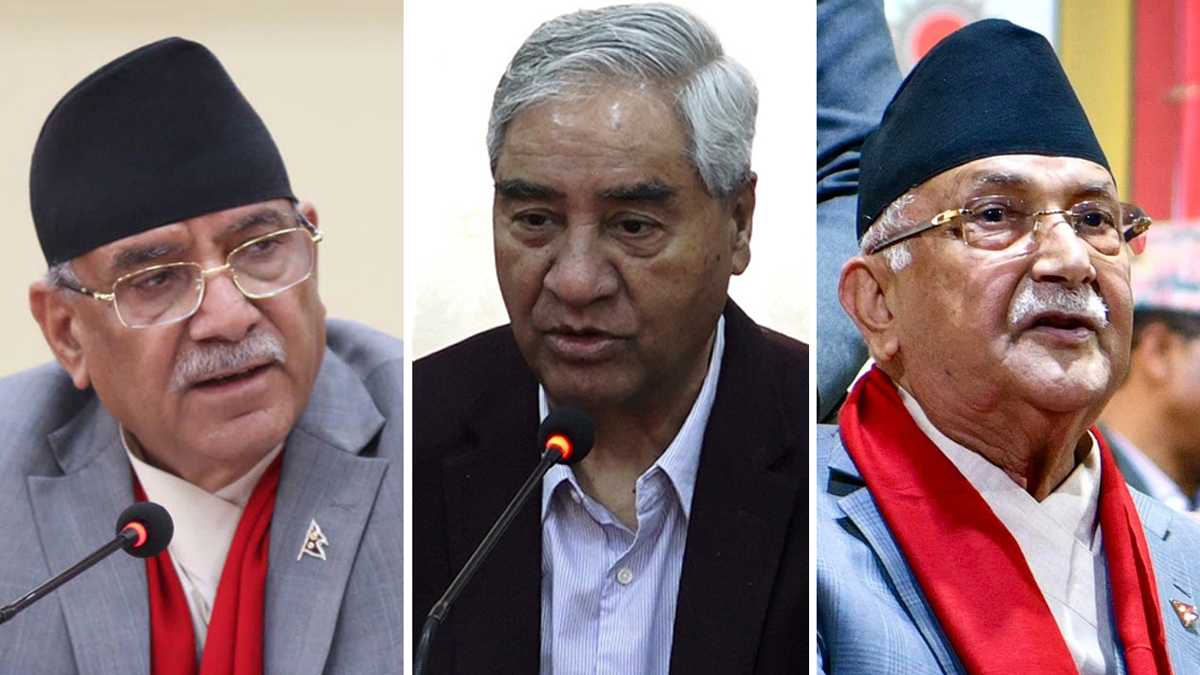



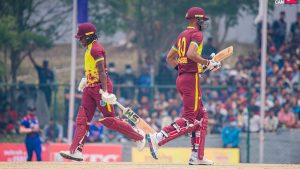
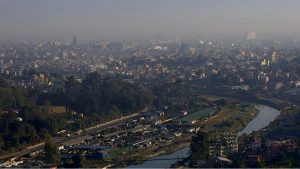
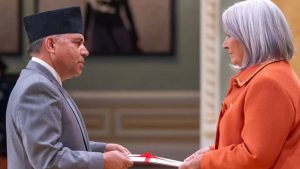
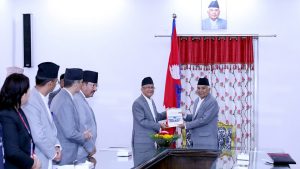







Comments